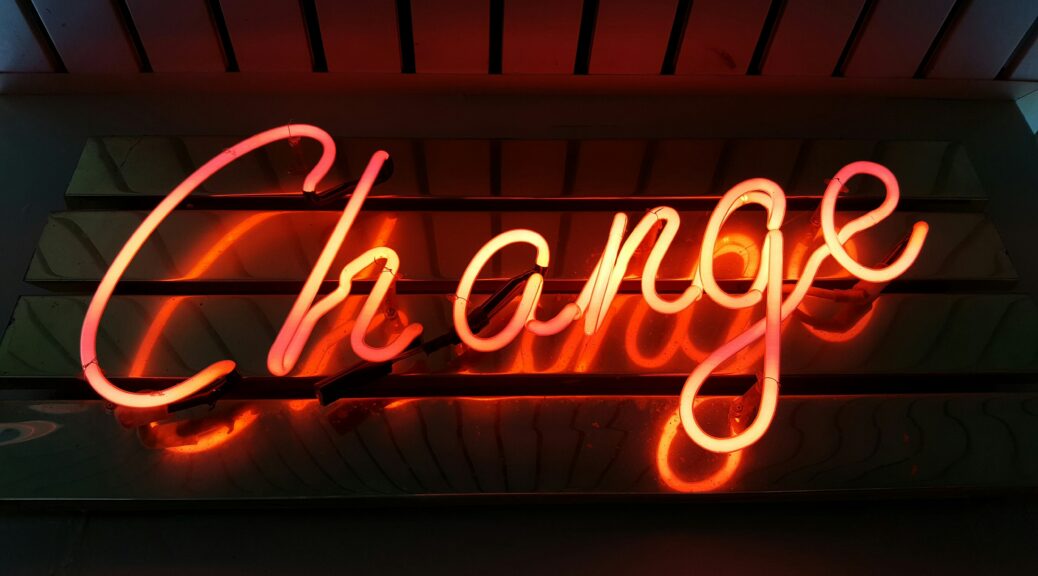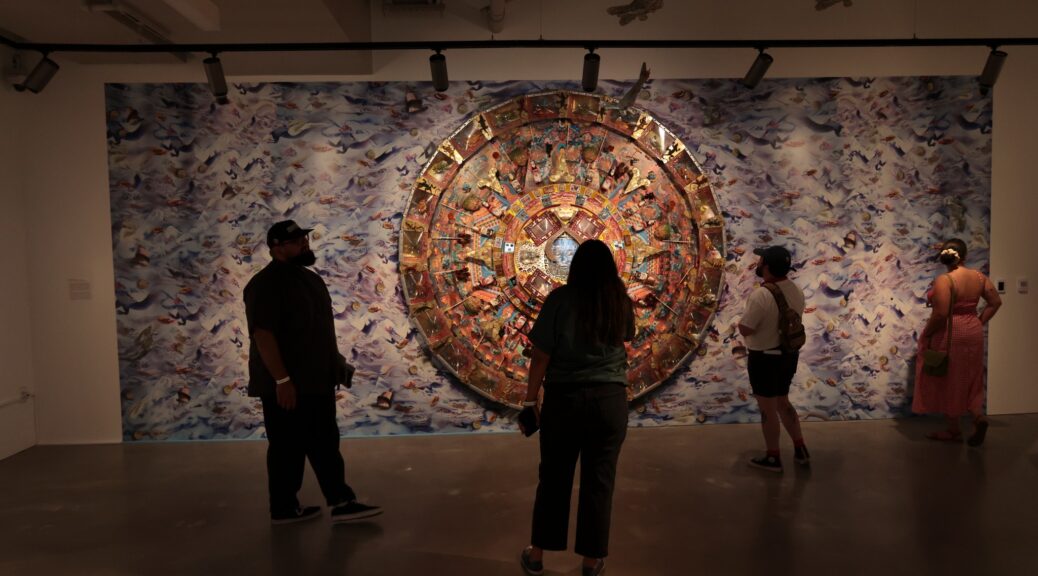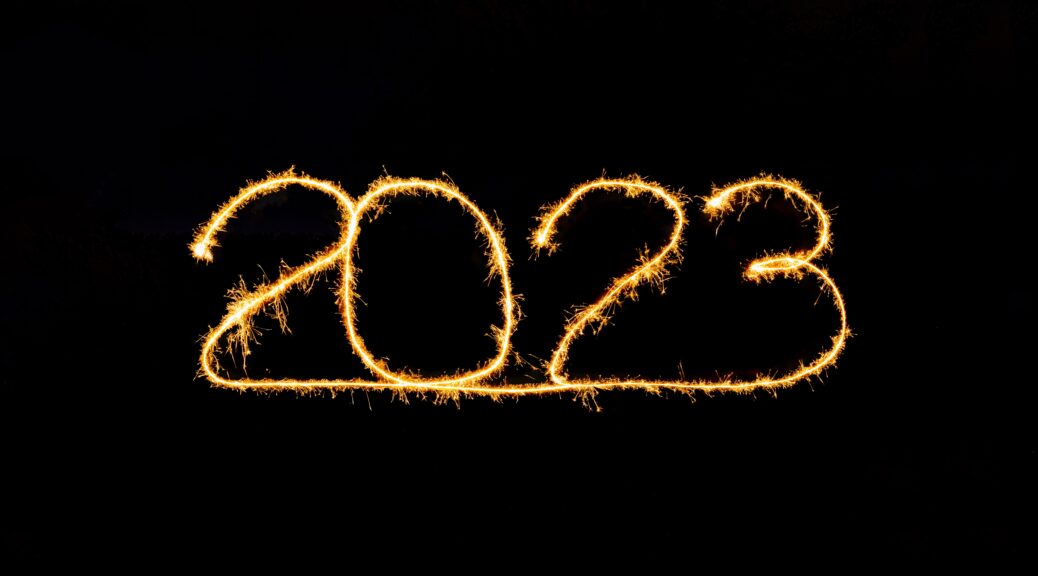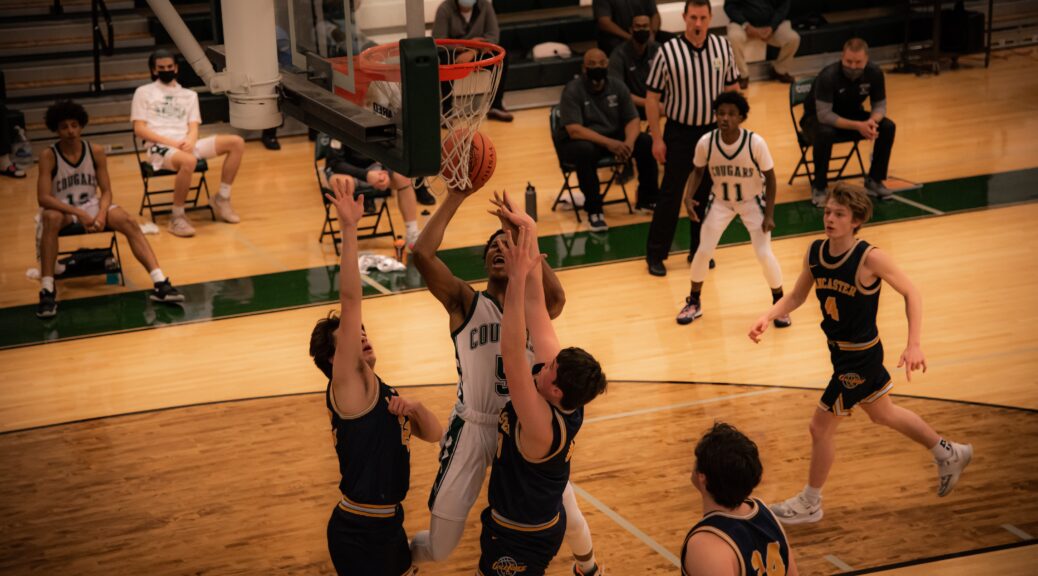Of course Dad wanted me to be included and to feel included. But he also demanded that this inclusion be authentic. He insisted that I be included authentically as Carlos, not as Carl.
I now refer to such events as Carl Moments or Being Carled. Carl Moments are situations where people encounter obstacles to authentic inclusivity. When things happen that communicate to you that your inclusivity is conditional. You’re welcome . . . but . . . or if . . . or sort of.
Unlike conditional inclusivity, equitable inclusivity incorporates the idea of personal authenticity. But authenticity can create complications. Sometimes you may be too ethnic; in other cases, not ethnic enough.
In 1968 I became a professor of history at the University of California, Riverside — UCR — and later chair of the Chicano Studies Program. Along the way I developed a reputation as a public speaker on diversity matters, including the Latino experience. Nobody called me Carl, but there was something else.
I happened to be a güero: a light-skinned Latino. Occasionally someone might say: “Oh, you’re trying to pass as white.” No, I’ve never passed as anything. I’ve just lumbered through life with the authentic skin my folks gave me. But sometimes that’s proven to be a problem for others.
Once I was invited to give a luncheon talk at a statewide education conference. The invitation came from an Anglo who had never met me. On the day of the conference I introduced myself to him. His face fell. Caught off guard, he said something that others may have thought, but suppressed. “Uh, we were hoping for someone, uh, a little darker.” With help from Neil Simon’s film, The Goodbye Girl, I had a ready answer. “This year I’m working on younger. Next year I’ll work on darker.”
But conditional inclusivity can also go in other directions. In 1979, my late friend Tomás Rivera became Chancellor of UCR, the first Hispanic chancellor in University of California history. Tomás was not a güero. After his first speech to the UCR academic senate, one professor remarked: “You know, I can understand why Governor Brown put a Chicano in as Chancellor at Riverside — for political reasons — but did he have to –- look so much like a Chicano?” Tomás had been Carled.
Let’s examine these three incidents. In each case somebody had difficulty dealing with individual Latino authenticity. A high school Spanish teacher who deemed my first name too odd for inclusion in the classroom. A conference organizer who considered my skin color too light to fulfill his needs and ethnic stereotypes. A professor who could accept a Chicano Chancellor, but not one who looked too much like a Chicano. That is conditional inclusivity.
I’m sure each of you has experienced personal Carl or Tomás moments, when something happened that communicated the idea that the authentic you didn’t quite merit equitable inclusivity. And being Carled might not involve ethnicity or race. It might involve sex, religion, age, sexual orientation, gender identity, or some disability.
Maybe a Latina whose colleague turns to her and innocently asks, “How do you say that in Spanish?,” forcing her to explain, maybe publicly, that she was not raised speaking Spanish. 62 million Latinos share commonalities, but we aren’t all alike. Our personal authenticities vary.
So let’s move on to the second adjective: additive. Equitable inclusivity must not only be authentic. It should also be additive. That is, inclusion in a way that “they” — whoever “they” are — become recognized not just as having their own special authenticity, but also having the capacity to add through their authenticity. Not just accepted or tolerated or exoticized, but respected for what their specialness adds to the community, to the organization, and to our nation.
When I joined the UCR faculty in 1968, the campus had about 4,500 students, but only around one hundred Chicanos. Many of them did not feel a sense of total belonging on that virtually all-white campus. To help create their own ethnic space, they formed the United Mexican American Students. Later it became known as MEChA.
But the MEChA students soon encountered a very new experience. One of the undergraduate students in my Chicano History class was named Woodrow Díaz. But Woody was not a Chicano; he happened to be Puerto Rican. This was several years before people began talking much about Latinos and Hispanics. Ethnically alone on campus, Woody asked if he could join MEChA.
The MEChA students embraced Woody. They made him an honorary Chicano, but he also remained supremely proud and forthright about his Puerto Rican identity. nd MEChA turned out to be better for it, because Woody added a unique richness, dimension, and perspective through his ethnic authenticity. Woody’s inclusion in MEChA was additive, not just authentic.
Twenty-five years later, in the winter of 2000, my book, The Children Are Watching: How the Media Teach about Diversity, was published. I was asked to give the plenary address about Latinos and the media at a national conference on Latino youth.
After my talk, a man named Chris Gifford and a woman named Dolly Espinal invited me to join them for lunch. Turns out they were part of the team that was developing a new children’s television series, and they asked me if I would consider joining them as a consultant. I did and ultimately became the Creative/Cultural Advisor of that show, Dora the Explorer, and its sequel, Go, Diego, Go!” For more than twenty years I have been working with the show’s multi-ethnic creative team that includes Hispanics of multiple backgrounds and national heritages. They all add unique perspectives.
As we developed Dora, the idea of inclusivity was central to our thinking. The character of Dora had to be inclusive, a Latina inclusivity role model. So we positioned Dora as an intercultural bridge-builder. When she encounters challenges, she overcomes them by uniting other characters into a team, sometimes involving both animals and people.
We considered making Dora ethnically specific: Mexican or Cuban or Dominican or Puerto Rican. But I argued for a different approach: let’s make her pan-Latino. A proud Latina, but with no specific national-origin identity. Then let individual Latino pre-schoolers of all backgrounds –- and their families — identify with Dora in their own unique ways.
And that’s what happened. In fact, not only Latino kids identified with her. So did kids of other backgrounds. And not just in the United States, but around the world. Dora, a Latina, connected with all kids.
And she drew upon her ethnic authenticity to add to their lives. Consider language. You don’t have to speak Spanish to be authentically Latino. But Spanish is a core element of Hispanic culture. Speaking both Spanish and English is part of Dora’s Latina authenticity.
Because most of the show’s characters are monolingual, either in English or in Spanish, Dora constantly draws on her bilingual skills to build intercultural bridges. And she reaches out to viewers by adding Spanish words to their vocabularies and encouraging them to use those Spanish words to help Dora and her friends overcome challenges. In the process Dora continuously demonstrates the additive value of being bilingual and how this can contribute to greater inclusivity.
Sometimes inclusivity became the central theme of an episode. Take the episode entitled “First Day of School.” Tico and Boots set off for their first day of school. But it’s not just any school. It’s an inclusive dual immersion school using both Spanish and English. So monolingual English-speaking Boots and monolingual Spanish-speaking Tico become more empowered because they are learning each other’s language. In the process they also help each other learn language. Their classroom inclusivity is additive.
Now let’s move on to the third adjective of equitable inclusivity: capacious. As in capacity or capacidad. Beyond simply being authentic or even additive, the idea of capacious inclusivity addresses a deeper, richer dimension: a more inclusive sense of we-ness. Not a we-ness that forces you to surrender your special authenticity in order to be part of it. Rather a we-ness that highlights its diverse parts while at the same time fostering a broader sense of mutual identification. A we-ness in which we all become co-participants in the project of equitable inclusivity. I am both me and a unique part of we.
I am currently engaged in a Latino project that pursues such capacious me-to-we inclusivity. It’s called The Cheech. The Cheech Marin Museum of Chicano Art & Culture, which opened in Riverside in June of this year.







